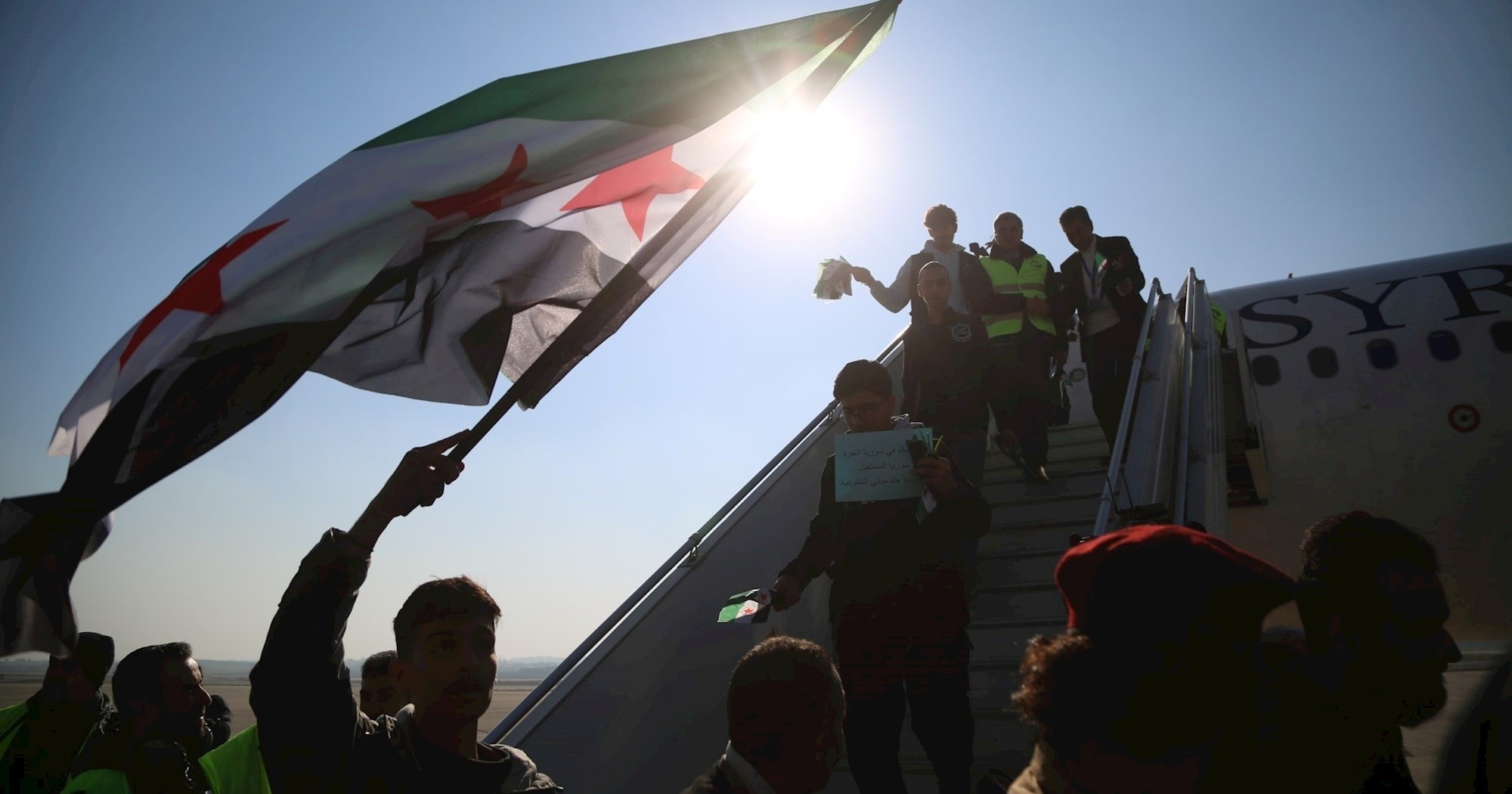According to UNHCR data, by the end of April, the number of forcibly displaced people worldwide slightly decreased to 103.1 million, down from a record 108.2 million at the end of last year. This decline is mainly attributed to the return of about two million Syrians to their homes following the overthrow of Bashar al-Assad’s regime. However, a large number of displaced people remain due to conflicts in Sudan, Afghanistan, and Ukraine. The UN emphasizes the need to double efforts to find durable solutions and to fund humanitarian aid, as many countries face financial crises. The situation remains unstable, and peace or ceasefire in key conflicts could significantly reduce the number of displaced persons.
Political Perspectives:
Left: Left-leaning outlets emphasize the humanitarian aspect of the refugee crisis, highlighting the suffering of displaced populations and the need for increased international aid and support. They focus on the importance of peace efforts and criticize the lack of sufficient funding for humanitarian programs, often pointing to the responsibility of wealthy nations to provide assistance.
Center: Center-leaning sources report the facts about the decrease in refugee numbers with a balanced view, acknowledging the positive development of Syrians returning home while also noting ongoing conflicts in other regions. They stress the importance of continued diplomatic efforts and international cooperation to resolve conflicts and support displaced persons.
Right: Right-leaning media may focus on the security and political implications of refugee movements, emphasizing the challenges of reintegration and the potential risks associated with large displaced populations. They might highlight the need for controlled and orderly returns and stress the importance of national sovereignty and border security in managing refugee flows.





































